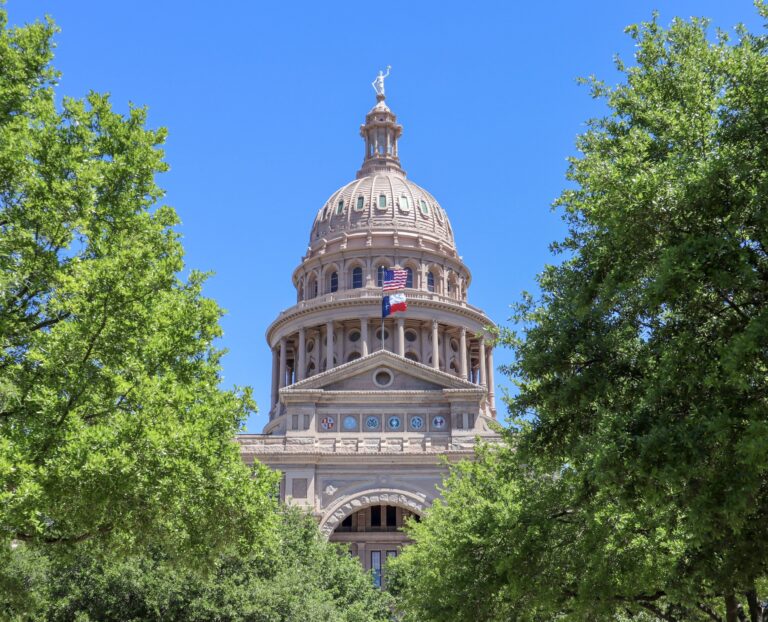C3 Newsmag: Three Years Ago, Conservatives Passed the Great American Outdoors Act. Today, the Conservative Environmental Movement Continues to Grow
Co-written with Former Senator Cory Gardner (CO)
Hailed by many as the greatest land conservation legislation in a generation, the Great American Outdoors Act ushered in a new era of bipartisan conservation three years ago today. Thanks to the leadership of conservatives in Congress – including Senator Cory Gardner – President Trump signed the bipartisan bill into law on August 4, 2020.
Not only did this bill fully and permanently fund the Land and Water Conservation Fund, it also provided $1.9 billion annually to address a growing maintenance backlog at national parks. In the senator’s home state of Colorado, for example, the beloved Rocky Mountain National Park was able to update and improve its campgrounds and utilities using GAOA funding. This is just one of many examples of how this funding helped expand and protect access to America’s best idea, our national parks and public lands.
We’re proud to say, though, that GAOA was just the beginning. Since its passage, several bipartisan energy and conservation bills have passed through Congress and were signed into law, including the Energy Act of 2020 and the VIP Act. Like GAOA, ACC’s membership of young people was instrumental in getting these historic reforms over the finish line. This grassroots momentum also helped lead to the creation of the Conservative Climate Caucus – now the fourth largest caucus in the House of Representatives Republican conference.
Harkening back to the land conservation of Presidents Abraham Lincoln and Theodore Roosevelt, the conservative movement’s embrace of environmental issues isn’t new, but the legacy has been reignited in recent years. The conservative approach to climate change and conservation issues is one of balance between solving the issues at hand while also ensuring economic stability and opportunity. Young conservatives have pushed the Republican Party and its elected officials to not just talk about the conservative approach to conservation, but to act on it.
Polling done after the 2022 midterms by Frank Luntz shows young Republicans are “more likely” to vote for a candidate who supports immediate action on climate by a percentage nearly comparable to young voters at-large. Moreover, a plurality of respondents indicated they wanted more emphasis on climate change by Congress. Young conservatives are clear that they want to see climate action from their party’s elected officials. The question is, how will Republicans in Congress put conservative environmentalism into action and deliver on a cleaner and more prosperous future?
Today, we celebrate 3 years since the passage of the Great American Outdoors Act, but we also recognize that more must be done by Congress to help us better steward our lands and avoid the worst effects of climate change.
Read the original here.







